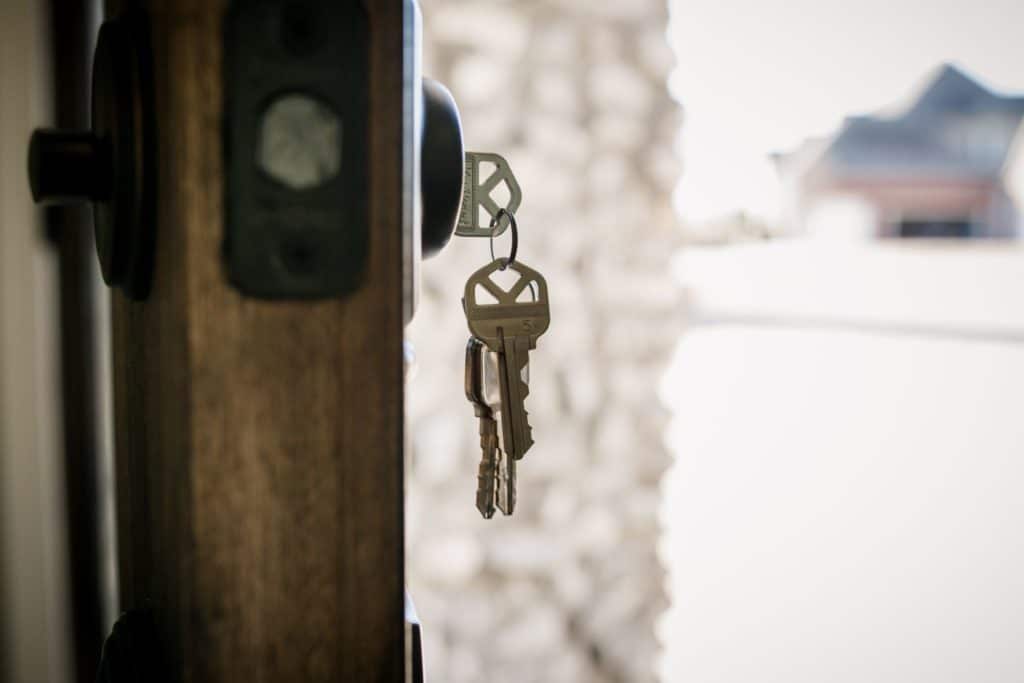Everybody has a breaking point.
Maybe it was one too many late-night phone calls. Maybe it was having to check arrest records over and over again. Or maybe it was finding a loved one passed out in their room.
When you love someone caught in addiction, there will come a time when you realize things can’t continue the way they have. You know drug and alcohol treatment can save their lives … but how do you even have that conversation?
Like most things in recovery, convincing a loved one it’s time to enter rehab is a process. It’s long, and it’s tough, but there’s good ways to do it that give a good chance of lasting success. Patience and empathy are your friends, but there’s also times when you need to be firm.

First Step: Know Your Subject Matter
Research addiction. Learn how addiction works, how it affects the body and how it develops in people. Research treatment centers, too – get a feel for how their programs work, the treatment methods they use, and why a detox program is much safer than quitting drugs on one’s own.
This has two benefits for you: first, you’ll have a better idea of how to talk to your loved one and answer any arguments they throw at you. Secondly, knowing more about addiction, rehab, and recovery will reassure you as well – there is a light at the end of this tunnel.
How To Talk To Your Loved One About The Need For Addiction Treatment
It’s a basic fact of life: people hate being forced into doing things, even if it’s something which potentially saves their life. That’s especially true for addiction – drugs and alcohol can so powerfully rewire the brain it’s next to impossible to get through to a loved one caught up in substance abuse.
Talking to an addicted loved one is going to be frustrating, too. They’re going to have a response to every concern, an answer to every question … or they might just shut you out from the get-go. Frustrating as this is, you can’t get angry – anger in these situations tends to make things worse.
Instead, go into your conversations with your loved one with the expectation that this process will take a lot of time. Be empathetic; don’t use labels like “addict,” “drunk,” or “junkie” – that’ll just shut the conversation down. Instead, try to get them to think about the situation. Let them know how their addiction is affecting and harming you and everyone else who’s concerned for them. Always remind your loved one you only want what’s best for them.
Concern will work much better than anger, guilt, and shame ever will.
Establish Boundaries Going Forward … And Don’t Enable Them
Make it very clear to your loved one there are things you will and won’t do to support them. If they call you for a ride home when they’re high or drunk, for example, it’s okay to pick them up if driving themselves home would put others in danger – but don’t pay for their bar tab or drugs.
Also, don’t protect them from the consequences of their actions. Don’t give them money if you know your loved one will spend it on drugs; if they knock on your door past midnight, don’t answer; let them know your phone will be off after a certain time.
In some extreme cases, this can mean refusing to pay for bail if they get arrested. This is one of the hardest – and worst – situations for someone who loves an addicted person to be in. Sometimes, though, jail can be the thing which drives the message home about their behavior. Although jail drug treatment programs rarely help, the experience can be unpleasant and frightening enough for your loved one to consider getting real help once they’re out.
Stage An Intervention
An intervention is a huge reality check for a person dealing with addiction. Friends, family, relatives, and people the addicted person respects can all play valuable roles in convincing them to acknowledge they have a problem and seek help.
If you’re not familiar with an intervention, it’s essentially a group conversation where people tell the addicted person how their addiction is affecting the lives of everyone around them. Interventions benefit from extensive preparation – they work best when the person who is the subject of the intervention is sober and not in a rush. Participants should plan out and rehearse what they plan to say, too. It’ll make communicating with the person whom the intervention is for much easier.
What If It Doesn’t Work?
No matter how hard you try, addiction’s nature is so strong even the best attempts to convince a loved one to stop hurting themselves can fail. Often, it takes two or three attempts to convince someone to get help.
The best thing to do is prepare for setbacks. Look at how the unsuccessful intervention went. Was there anything which could’ve altered the outcome? Try to plan the next intervention as soon as possible; repeated interventions might be the thing which finally breaks through.
Consider Professional Help
If you’re unfamiliar with the recovery world, it might be a good idea to hire a professional interventionist. Many of them have deep personal knowledge of addiction and recovery and have a lot of experience organizing and conducting these often-difficult events.
Remember to reach out to a treatment center, too – they can be great resources for information about interventions, finding professional interventionists, and helping you come up with a plan if your first attempts weren’t successful.
Don’t Forget Self-Care
Everything about addiction is stressful for everyone around the person struggling with addiction. Even the best intended attempts can create lasting rifts and nasty fights. You might be on the receiving end of vicious, abusive language, and even though you know that’s the addiction talking, those words can take a terrible toll.
So, remember to take some time for you. Your mental needs sometimes must come first in situations like this. If you have the means, see a therapist. If you’re still on the fence about what treatment center to choose, look for one which offers a family program. These programs are built for people in your situation and are excellent resources for someone who’s struggling with a loved one and addiction.

Sober Living: The Best Tool For Lasting Recovery
When you succeed in convincing your loved one to attend care, you’ll quickly realize they need a place to stay while recovering. Sober living homes give a recovering person their best possible shot at a successful recovery but finding a sober house that’s the right fit for your loved one is never easy.
It’s why we developed SoberLivingNearYou.com, the internet’s leading directory of sober homes in the US. It puts thousands of sober living houses directly at your fingertips. You’ll be able to find a sober house for every budget, personality, and need.
Start your search today with SoberLivingNearYou.com!



